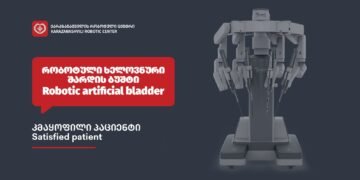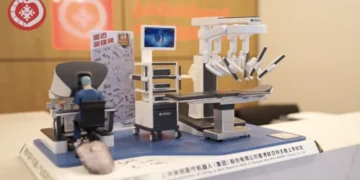When it comes to kidney and urinary tract stones, there are different treatment methods. Your urologist will assess and determine which approach is most appropriate and effective for your specific condition.
Choosing the treatment method depends on several factors:
-
The stone’s composition
-
Its location
-
The patient’s medical history
-
Presenting symptoms
If your stone is growing in size, moving, and causing severe pain, active treatment is necessary.
Surgical treatment methods
There are three main surgical options for removing stones from the kidneys and urinary tract:
-
Ureteroscopy
-
Nephrolithotomy
In cases of kidney stones, the choice of surgical treatment depends on many aspects. A key factor is the patient’s symptoms and the stone’s location. Based on these, the doctor determines the best method.
Factors to consider:
-
The stone continues to grow
-
Risk of forming new stones
-
Infection
-
Large stone size
Surgical treatment becomes necessary in the urinary tract when:
-
The stone is large and unable to pass naturally
-
Conservative treatment still causes pain
-
The kidney stops functioning normally
Often, kidney stones pass naturally during urination, but this depends on their size and location. As the stone moves through the ureter, it can cause pain. For small stones, there is a 95% chance they will be expelled naturally with urine. For larger stones, the likelihood of passing naturally is much lower.
Not all stones require fragmentation
Kidney stone fragmentation is needed when the stone is large, causes discomfort, and cannot pass naturally through the urinary tract. If the stone is small and does not cause discomfort, it usually doesn’t require lithotripsy. In such cases, your doctor will recommend regular check-ups and imaging to ensure the stone has not grown, changed in structure, or moved.
When a stone passes naturally, your doctor may prescribe medication to help ease and speed up this process. This is known as conservative treatment.
Karazanashvili Robotic Center offers all modern and effective methods for kidney stone removal.






